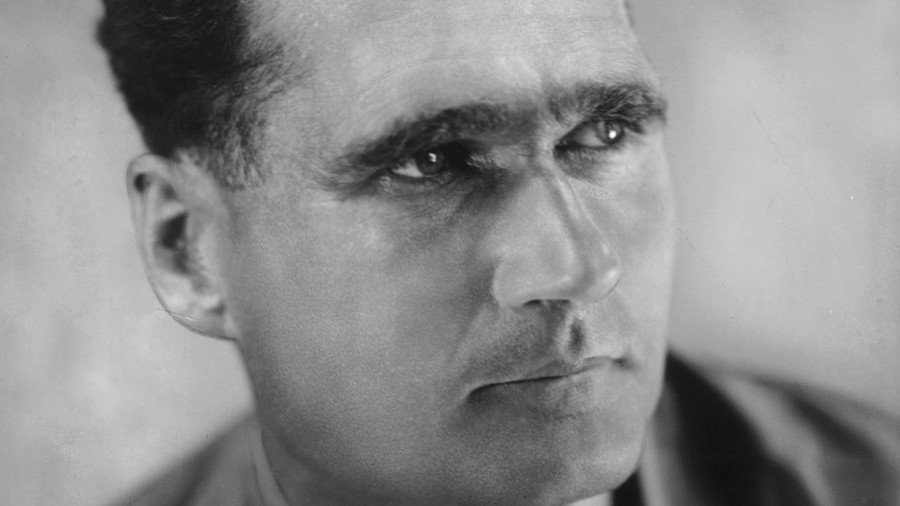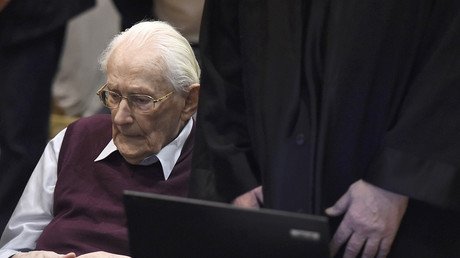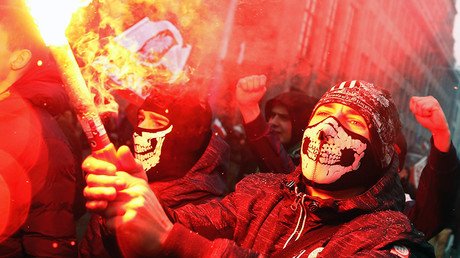Germans complained about ‘exceedingly harsh’ conditions for Nazi war criminals, letter reveals

Nazi war criminals were treated “exceedingly harshly” in the infamous Spandau prison in the British sector of West Berlin. That’s according to newly declassified documents in the National Archives.
In a letter to Allied officials, dated June 21, 1950, then-West German Chancellor Konrad Adenauer complained prisoners were also kept from talking to one another and from reading. He also claimed inmates were prevented from sleeping by searchlights.
The letter by West Germany’s first post-war chancellor is among a series of documents from the Allied administration of Berlin that have been declassified.
Adenauer complained about the food, which he said had “always been bad during the Russian months,” but had become “very bad and deficient” once more.
The prison was originally designed for opponents of Adolf Hitler, and was considered a predecessor for the Nazi concentration camps. But after World War II it was operated by the Allies – the US, UK, France and the Soviet Union – to detain those sentenced to jail at the Nuremberg Trials.
Adenauer also complained that prisoners were kept from the blessings of clergymen. Recalling one particular instance, he wrote: “The Pope some time ago had his blessings transmitted to one of the prisoners.
“The prisoner was never informed of this but heard it only when his daughter visited him. For humanitarian reasons, I feel moved to ask [that] the governments [the Allied occupying powers] to cause conditions in the military prison at Spandau to be investigated and to take steps to ensure that penal practices be adapted to the principles prevailing in civilized countries.”
In July 1950, the secretariat of the Allied High Commission for Germany responded to the chancellor’s allegations, saying: “Contrary to the information which appears to have been given to you, it is neither prohibited for prisoners … to talk or read,” he said.
“Their food is quite adequate during the months of management by the Western powers, and even during the months managed by the Soviets the regular amount of calories is provided.”
It was nonetheless reported that lampshades would be installed for lights in the men’s cells and the frequency of night security searches would be “reduced to a minimum.”















